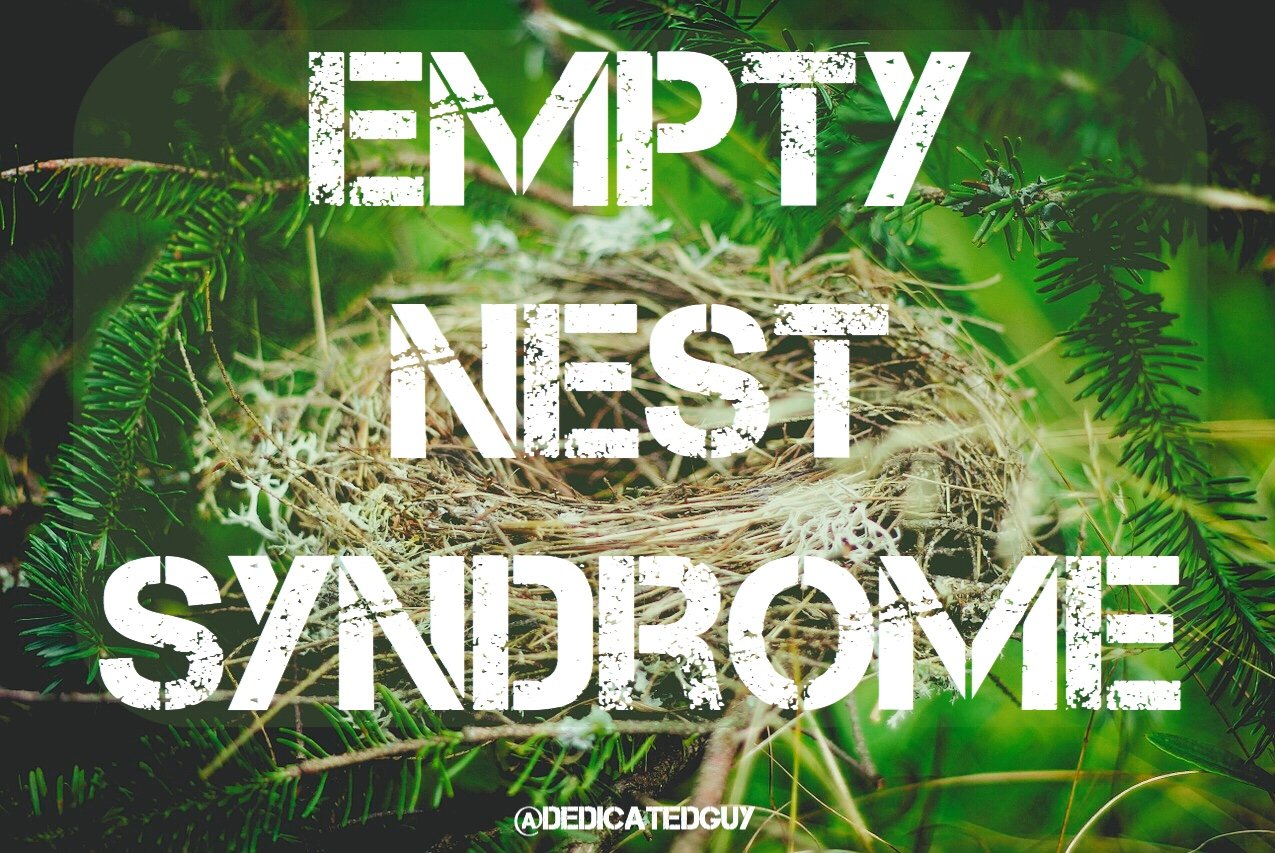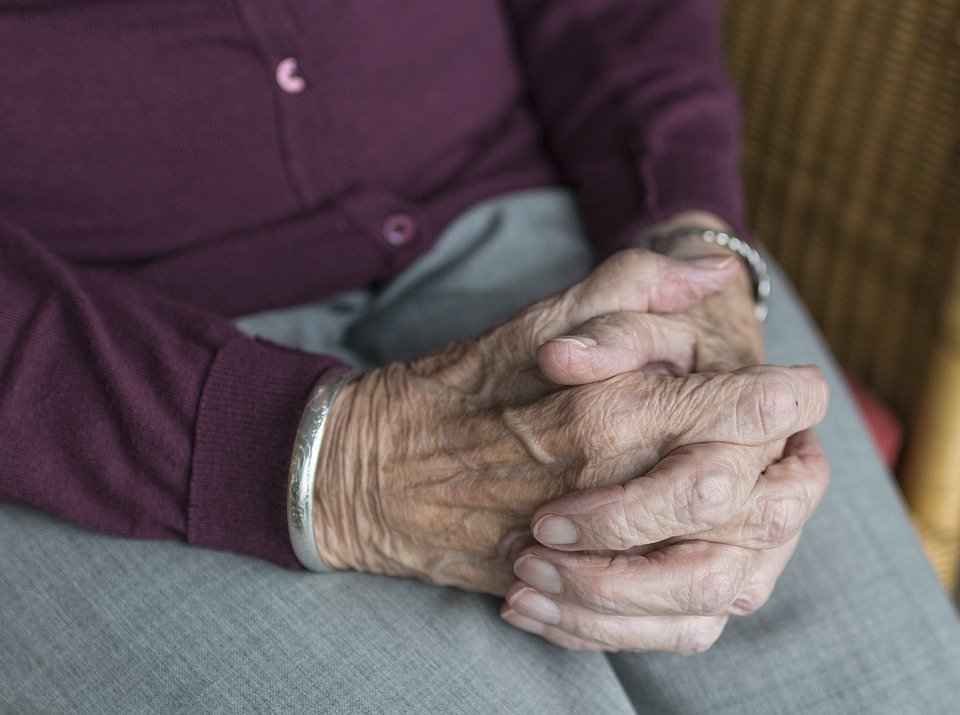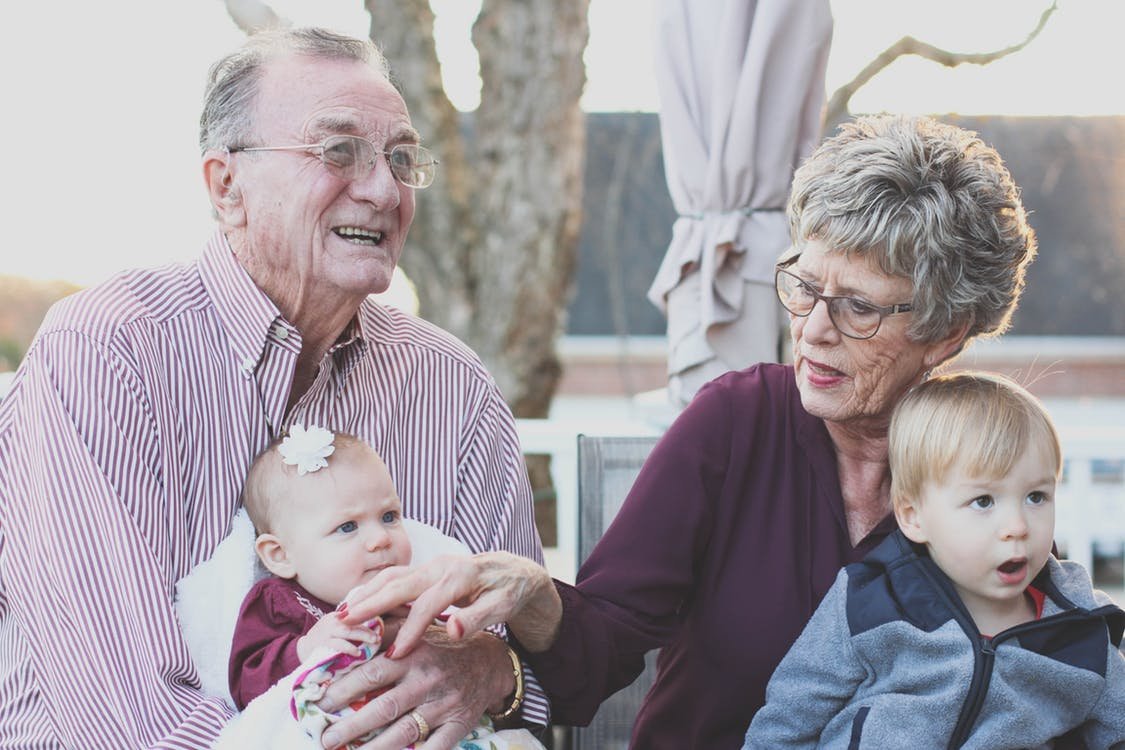

What is the Empty Nest Syndrome?
Surely we all have heard of the empty nest syndrome, only not with its real name but with phrases that parents often say when their children get older such as:
- "What am I going to do now if I do not have children to take to the park?"
- "They grow incredibly fast!”
- "When my children leave home it will feel so lonely and empty ...".
The empty nest syndrome has been defined as:
Empty nest syndrome refers to feelings of depression, sadness, and, or grief experienced by parents and caregivers after children come of age and leave their childhood homes. | Source
This syndrome kicks in when the children start to make their own life, and become independent individuals.
It can happen to both sexes equally (mother and father), depending on the family circumstances and the relationship between parents and children.
These feeling of emptiness in the parents can also manifest itself when the time comes for the child to marry. This happens because now the spouse is the one who has a much more influential role than that of the parents.

Psychologist Susan Krauss Whitbourne mentions the following circumstances that can increase the risk of suffering from this syndrome:
- An identity wrapped up in being a parent (particularly for women).
- Feeling loss of control over their children’s lives (particularly for men).
- Having few or only children.
- Lacking a social support network.
- Feeling that the children’s departure was too early or too late, compared to cultural norms.
- Being younger when the children are launched, especially if the children don’t completely leave home (i.e. are “boomerang” children).
- Worrying about the child’s safety and well-being in the world outside the home. | Source
The stronger the family ties between parents and children the more the stronger the feeling of emptiness. When a son/daughter lives with their parents, in some way they (the parents) have more control over them, they take care of them as when they were little, even if the “child” is already an adult, the feeling of protection towards them will always be there.
As in many other cases, when parents and children after the separation have to live far away from each other because of work reasons since the child is going to live in another city or even another country, this syndrome becomes much more intense.
However, recent studies suggest that an empty nest might reduce work and family conflicts, and can provide parents with many other benefits. When the last child leaves home, parents have a new opportunity to reconnect with each other, improve the quality of their marriage and rekindle interests for which they previously might not have had time. | Source

Nowadays is easier for people to experience this syndrome
The empty nest syndrome has become more common in the last few decades as the size of new families get smaller than before and old people begin to live by themselves. Nevertheless, in many cases it is not usually very comfortable to live in the same place as parents, much less have to take care of their health especially if the person requires help for even the most basic of things. (This is something that I totally disagree with, because I think that we should be more grateful to people who previously gave everything for our well being). But unfortunately the reality in today’s society is very harsh.

In Venezuela’s case, we have what might as well be called, an exodus of young people, looking for a better life in other countries. According to statistics from “Colombia migration authorities, there are an estimated of 600,000 Venezuelans currently in Colombia - double the number six months ago”. | Source
Never in the history of the country have something like this happened. Its unprecedented. And one of the consequences that most people are not aware, is of course, an increase in older people experiencing the empty nest syndrome.
This is of course, nothing new and has been happening for years. In May, 2017 CNN reported “Over 14,700 Venezuelans sought asylum in the 2016 fiscal year, up 160% compared to 2015, when 5,605 Venezuelans applied for asylum” | Source.
A similar report was issued in October 2017 by caracaschronicles indicating that “More than a third of our population is planning to leave the country. And that percentage increases among young Venezuelans”. | Source
Taking this facts into account, Venezuela is probably the country with the most people suffering the empty nest syndrome.

How to face this syndrome
It is completely normal for parents to have more free time when their children leave the family home, especially if they are the last child to do so. Normally the recommendations that is usually giving is that they occupy their time in the realization of activities that are pleasant to them and to which previously they had to resign to take care of their children, adopting hobbies has never been healthier. Depending on the person, with time they can overcome the sadness by engaging in constant activities. However, if adopting hobbies and engaging in fun activities doesn’t solve the issue, its certainly time to start looking for a more intense help.
It is always very wise for the parents to think in the future and start to prepare themselves for this life changing moment, we all know that when we are psychologically prepared for a situation and it ends up happening, we are able take it in a more relaxed way as compared to when such events catch us by surprise and with no time to get ready for the psychological hit.

Nevertheless the parents should always contribute to create strong and vigorous wings for the children, with the goal that they fly strong and high away from the nest, and develop the necessary tools to have a proper and successful life.
Currently, this syndrome is probably getting more and more common, as parents go through this unpleasant period when they stop to see their children as "children" and accept them as "men and women with responsibilities". In this new phase where the children have already formed their own home and have even become parents, the grandparents might have the arduous but desired task of taking care of the grandchildren, this can make them remember all the moments and memories that they shared with their own children in the past, and that they probably wanted to experience again. Their grandchildren return the youth and energy that had always characterized them, and in some cases the grandchildren are the cure to the huge depression caused by that feeling of loneliness typical of old age.

Conclusion
As it is the case with almost everything in life, being prepared for whats to come will always be a wise strategy if we really care for our future well being.

The health we will have tomorrow depends on the actions we take today, just as the health we have today is the result of the actions we took yesterday.
In the case of parents, the best thing they can do when thinking about this subject, is to simply accept the fact that life has its different phases, and the cycle must always continue, even if sometimes it can be difficult to accept because of the huge emotional attachment we develop with our family.
This is one of those cases when thinking rationally might help us handle the situation and avoid emotional issues all together.
References
psychologytoday – empty nest syndrome
huffingtonpost – empty nest syndrome
dailymail – venezuela
cnn – venezuela refugees
mayoclinic empty nest syndrome
huffingtonpost empty nest syndrome
Image sources

If these titles sound interesting to you, I assure you the articles will be even better!

Why was the discovery of the Higgs Boson (and Science in general) so important for our lives?
"A Day in the Future": An artificial personal assistant… inside our head
Diogenes syndrome: my family case (with Steem exclusive pics)
Thoughts about our different ways of reasoning and their effect on our bodies
Thoughts about the stereotype of rational people being incompatible with feelings
